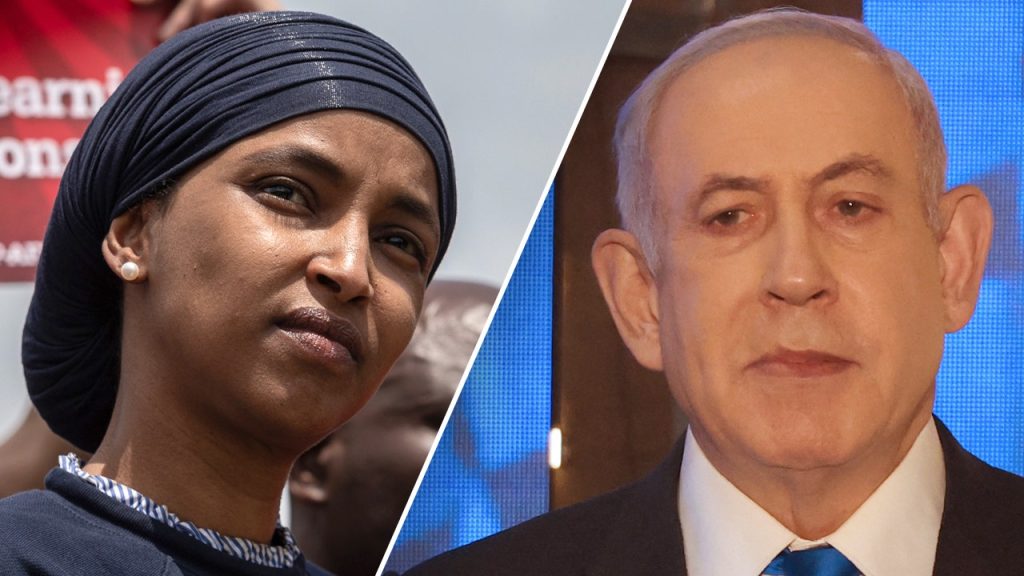The decision to invite Israeli Prime Minister Benjamin Netanyahu to speak before a Joint Meeting of Congress sparked controversy and division within the Democratic party. While some Democrats supported the invitation, others vehemently opposed it, citing concerns about Netanyahu’s actions and policies. The rift within the party over Israel has the potential to fracture the Democratic coalition, possibly affecting the outcome of the next election if liberals choose to stay home. Despite these divisions, Democratic leaders like House Minority Leader Hakeem Jeffries and Senate Majority Leader Chuck Schumer stood by the invitation.
As tensions simmered among Democrats regarding Netanyahu’s upcoming speech, efforts were made to calm the situation and maintain respect within Congress. While some lawmakers expressed opposition to Netanyahu’s appearance, others emphasized the importance of hearing what the Israeli Prime Minister had to say, citing the strong alliance between the U.S. and Israel. Representative Brad Schneider, a staunch supporter of Israel, highlighted the significance of maintaining a commitment to the U.S.-Israel relationship, despite disagreements with Netanyahu’s policies.
The Democratic party is faced with growing discord over the Israel-Palestine conflict, potentially jeopardizing chances of success in future elections. As divisions deepen among Democrats on this issue, the prospect of regaining control of the House and re-electing President Biden becomes more challenging. While Democrats have historically had disagreements within their ranks, the intensity of this particular divide poses a significant threat to the party’s unity moving forward. If Democrats fail to overcome these internal challenges, they risk losing ground to Republicans in upcoming elections.
The clash over Netanyahu’s upcoming address reflects broader challenges within the Democratic party, with differing perspectives on foreign policy, particularly concerning the Middle East. While Democratic leaders aim to maintain civility and respect within the party, the deep-rooted divisions over Israel threaten to undermine these efforts. The upcoming speech by Netanyahu is just one example of how these internal tensions play out in the political arena, highlighting the need for dialogue and reconciliation within the party.
As Democrats navigate the complexities of internal divisions and conflicting viewpoints on foreign policy issues, the path forward remains uncertain. Efforts to bridge the gap and find common ground among party members are essential to maintaining unity and focus on broader policy goals. The upcoming events surrounding Netanyahu’s speech and the ongoing tensions within the party serve as a reminder of the challenges Democrats face in addressing complex geopolitical issues while maintaining party cohesion and electoral success. Only time will tell how Democrats navigate these obstacles and strategize for future political contests amid internal party discord.













